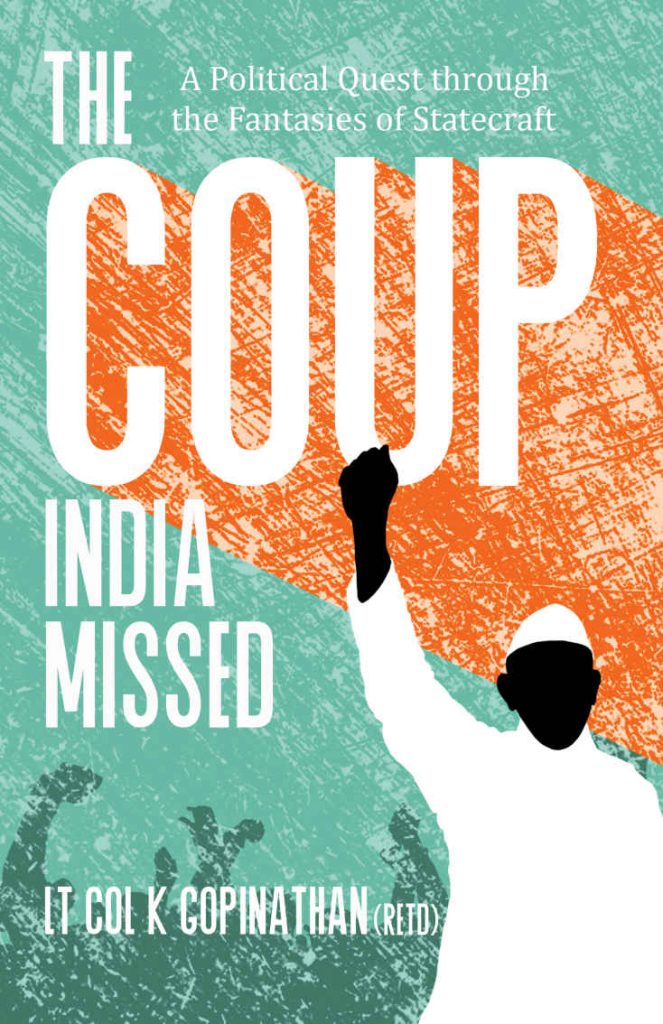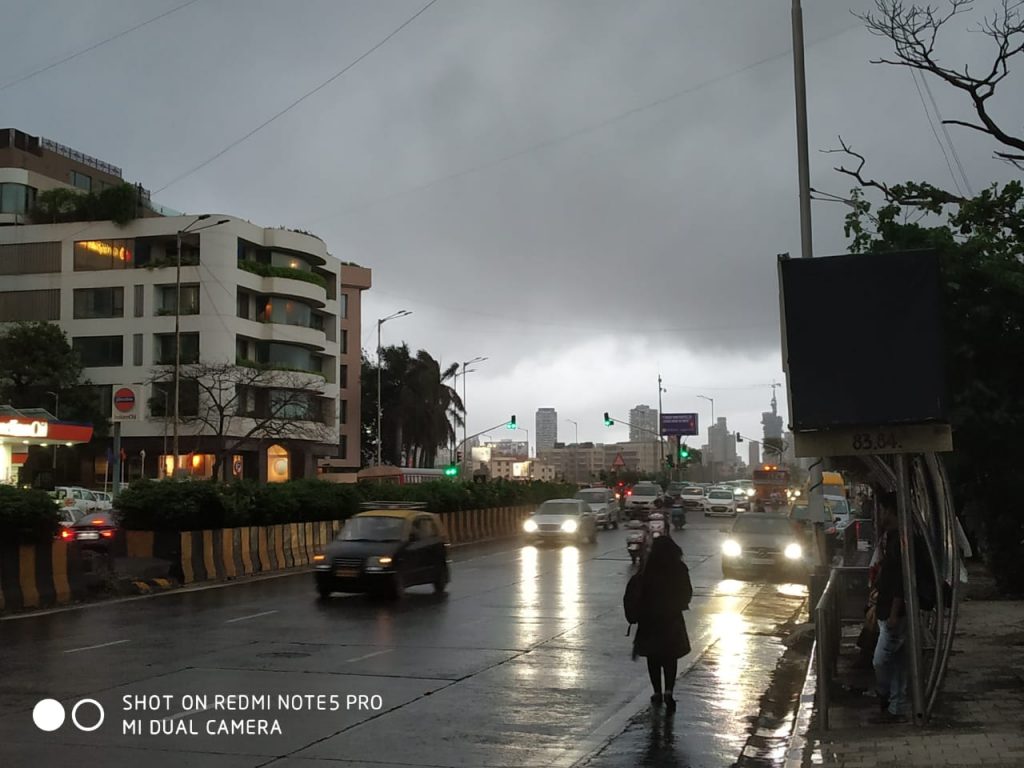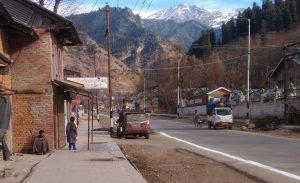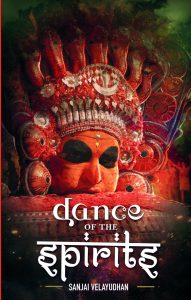There have been various stories, both in the form of books and movies, which are inspired from real-life politics. But Lt. Col. K Gopinathan’s novel The Coup India Missed, is a rare tale that presents an alternative political India which, at the same time, is very familiar.
The most striking feature of the book is the inclusion of characters that are starkly similar to the real names of Indian politics. This not only comes across as interesting but also exciting for those who follow Indian politics. The author has given enough hints to easily make out whom the characters are modelled on.
Here are some of them:
— Baba is an ageing anti-corruption crusader who has brought the biggest anti-corruption movement in India prior to the 2014 general elections.
— Baba’s movement terribly hurts the corruption-laden Rashtriya Heritage Party (RHP) who has been in power in India since long. As per the name, the party always believes in nepotism over merit. The party is headed by an elderly lady. Her son is referred as the young prince whose dream is to be India’s next Prime Minister. His sister is more confident and fiery and her husband is charged in illegal land deals.
— The Maha Bharat Party (MBP) is a Hindu nationalist party. Their leader from Gujarat is considered the ideal Hindu Nationalist and is the Prime Ministerial candidate in the 2014 general elections.
— Likewise, there are mentions of a former Finance Minister from Tamil Nadu who is bespectacled and wears a lungi, a political heavyweight woman from the south and a powerful woman leader from the east.

The story starts with Baba forming his own party filled with social workers and members of NGOs. Their party Rashtriya Punarudhaan Sangh (RPS), also known as the common man’s party, surprises everyone by its performance in the 2014 elections. However, their performance also ensures a hung house with nobody gaining enough numbers to form government at the centre.
After a lot of thinking and deliberation, RPS takes outside support from RHP despite its history of corruption and forms government at the centre. However, they lack a single candidate who could be the PM of India. Finally, after rounds of debate among the party, the eccentric professor-cum-politician Krishna Murthy is brought into the party and straightaway made the PM.
Gopinathan has smartly created a fictional plot based on real political happenings. The similarities, which are also seen in the plot developments, also get you in splits at times (not in a bad way). His knowledge about the socio-political situation in India and world politics is proved from how realistic the tale appears despite it showing an imaginary India.
Also read: Book Review – Decoding Life Post 8/11
Out of all the imaginary happenings, some appear over-ambitious. One thing you feel like questioning the most is the borderline Right Wing ideologies of Murthy and Baba’s party. Among other aspects, this is felt the most in Sanatana Dharma being adopted as India’s national belief and the clothes of the lawyers and judges being changed from black to orange.
But the actual negative point of The Coup India Missed is that the last 40 odd pages appear like content from a school or college textbook instead of a novel. This part provides too much of information with little storytelling.
Overall: Gopinathan’s The Coup India Missed is an interesting take on what should have happened in India from 2014 onwards.
Rating: 3.5 out of 5
Review by: Keyur Seta
Author: Lt. Col. K Gopinathan (retired)
Publishers: Leadstart Publishing
Price: Rs 249
Pages: 235










